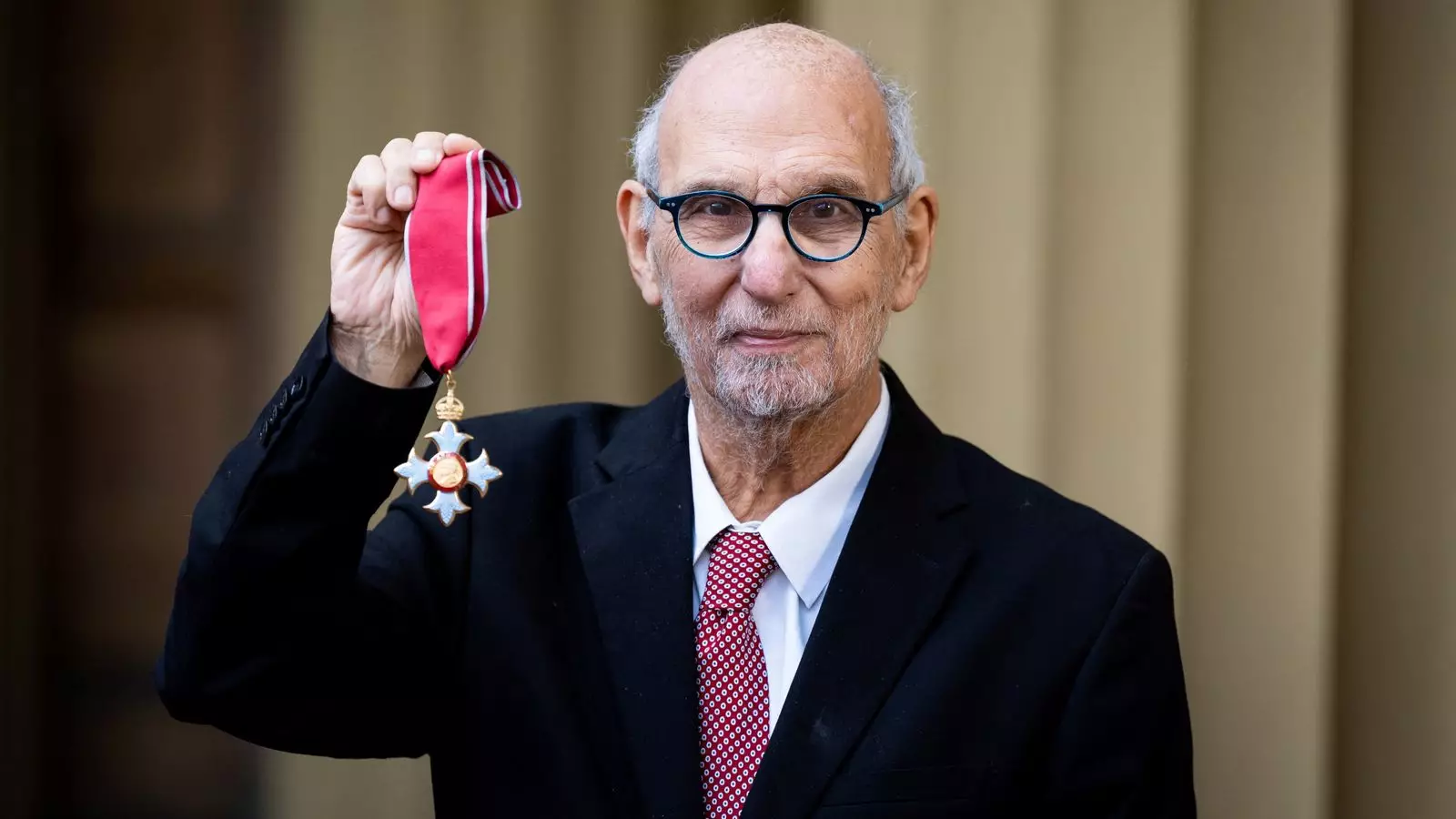Alan Yentob, a revered name in the realms of British broadcasting, passed away at the age of 78, leaving behind a legacy that echoes through the halls of media history. Born amidst the post-war backdrop of the UK, Yentob’s life was a collision of fervent curiosity and relentless creativity. His personal life, as his wife Philippa Walker poignantly remembered, was a tapestry of spontaneity—an exhilarating union not just defined by love, but colored by amusing quirks and profound kindness. If the world were to measure a person’s worth not just by what they achieved but how they made others feel, Yentob would surely be placed on an exalted pedestal.
An Unconventional Path to Greatness
Yentob’s journey began at the BBC as a trainee, a rookie navigating the intricate machinery of public broadcasting. Yet, he did not remain a rookie for long. He embraced myriad roles—each a testament to his versatility and unwavering commitment to the art of storytelling. His touch reshaped BBC One and BBC Two, renewed children’s programming through the births of CBBC and CBeebies, and gave life to classic dramas like “Pride and Prejudice,” crafting narratives that generations would cherish. In an era where change is constant, Yentob stood as a beacon of both innovation and tradition. His recognition as a Commander of the Order of the British Empire (CBE) reflected not a mere accumulation of accolades but a lifetime dedicated to the enrichment of public life through culture and arts.
A Tribute to an Unrivaled Visionary
Tim Davie, the current director-general of the BBC, aptly characterized Yentob as a “towering figure” in broadcasting and the arts, but those words barely skim the surface. His influence can be felt not just in the overt triumphs of televised storytelling, but also in the subtle ways he understood culture as a vital thread weaving society together. Yentob believed that true art could challenge and elevate; it wasn’t merely entertainment, but rather a conduit for genuine connections among individuals. His approach was intrinsic and heartfelt—qualities that seem increasingly rare in the industry today.
The Heart of a Humanitarian
What truly sets Alan apart is his character—a blend of artistic brilliance tempered with a profound moral compass. Described by Amol Rajan as “an improbable impresario,” Yentob’s ascent is no small feat, especially considering the unpredictability of creative fields. His kindness was not a façade but a genuine aspect of his persona, shaping not just his work but also fostering a network of loyalty and collaboration among those fortunate enough to work with him. In an age dominated by algorithms and performances, it is this authenticity that makes Yentob’s legacy deeply resonant.
The profound impact of his life will not only inform tomorrow’s creators but will also serve as a standard for what it means to engage deeply with one’s craft. As we reflect on Yentob’s body of work, it’s clear that his contributions transcend mere entertainment; they are exemplary of how art can transform lives and societies.


Leave a Reply